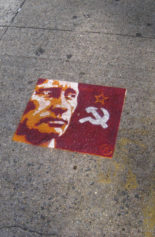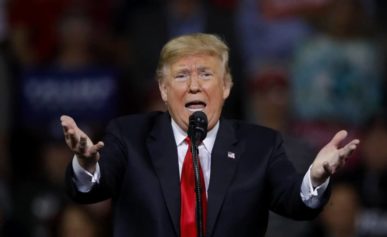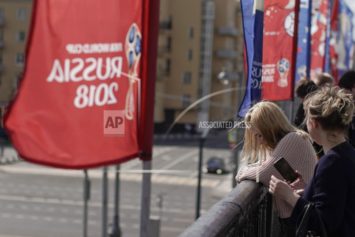The world never came closer to incineration during the Cold War than over the 13 days of the Cuban Missile Crisis in 1962.
That was the moment, half a century ago this week, when Russia and America squared up to each other with the threat of nuclear weapons.
When the tense stand-off ended with the withdrawal of the Soviet missiles from Cuba, it was widely seen as a triumph for US President John F Kennedy, emblematic of his presidency and proof of his skills as a crisis manager, communicator, team leader and PR genius.
For Soviet leader Nikita Khrushchev, though, it was seen as an embarrassing climbdown and he fell from power two years later.
But newly released tapes of Kennedy’s meetings reveal a secret deal that conceded more to the Russians than anyone suspected.
JFK’s famous victory may well have been a cleverly concealed defeat.
It was on October 16 that photographs from US spy planes showed the CIA the Soviets had installed 12 SS-5 and three SS-4 nuclear missile launch pad sites on Cuba, only 90 miles from the American coast.
Kennedy’s reaction was to set up a special Executive Committee to offer him advice. It had his brother Bobby, Vice President Lyndon Johnson, Secretary of State Dean Rusk, Secretary of Defense Robert McNamara and other top advisors, including CIA boss John McCone.
Unknown to all but the Kennedys, the meetings were taped. The transcripts emerged 23 years later under the Freedom of Information Act.
“We’re going to have this knife stuck right in our guts,” President Kennedy told the Joint Chiefs of Staff Committee on October 19.
He and most of ExComm favoured an air strike to destroy the missiles, until the air force said it could not guarantee the destruction of all sites.
Instead, in a TV address on October 22, he announced a blockade of Cuba to stop any more getting there.
Since these were international waters, it could have been considered a declaration of war.
Around 100,000 US troops and 500 aircraft were also rushed to Florida and all US forces were placed on DefCon 2, the highest state of alert short of war.
Then, on October 26, Khrushchev sent Kennedy a letter suggesting that if he said he would not invade Cuba…
Read more: Andrew Roberts, Mirror News


